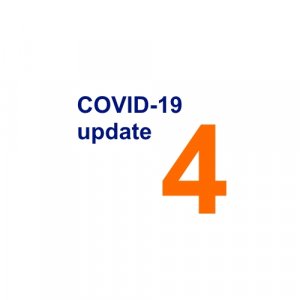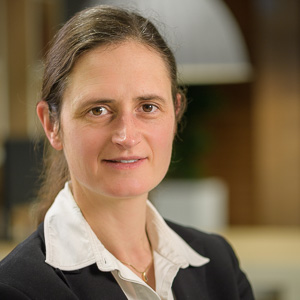
Courts in Belgium, the Netherlands and Germany have taken various temporary procedural measures to deal with IP cases due to the COVID-19 crisis. A brief overview is given below.
Belgium
By royal decree, all procedural deadlines falling between 9 April and 3 May 2020 have been postponed until 3 June 2020. This postponement does not apply to urgent matters, e.g. summary proceedings. Oral hearings scheduled between 11 April and 3 June 2020 are automatically cancelled and will continue to be assessed in writing, unless the parties object.
The Netherlands
The Dutch courts have been closed to the public since 17 March 2020. Only cases of the highest urgency may continue, but if so, any oral hearing would be held by videoconference. As of 6 April 2020, the list of cases which may be considered urgent has been expanded, but it is left to the judge, taking into account court capacity, which cases are to be considered urgent. These temporary arrangements will be in place as long as the corona measures by the government remain in force..
As for IP related matters, new cases can be filed, and the written part of the procedure continues as usual. However, oral hearings have been cancelled. It is possible to rely on the written proceedings in order to obtain a decision, but if parties do not agree to this course of events, a new date for an oral hearing will be determined.
Matters of the highest urgency may continue, but typically it is left to the judge which cases are to be considered of high urgency. If a case is considered urgent, parties may agree to rely on written proceedings, or an oral hearing may be held, typically by videoconference. This typically applies to preliminary proceedings on IP matters, such as an urgent case on a preliminary injunction.
Germany
IP relevant courts continue working, but in reduced mode, i.e., part of the employees work in the court, part at home in alternating mode. Written proceedings continue as usual, number of oral proceedings is reduced. Safety measures based on corona sanctions have to be followed, i.e., at least 1.5 m distance between participant of oral proceedings and only a very limited number of participants.

